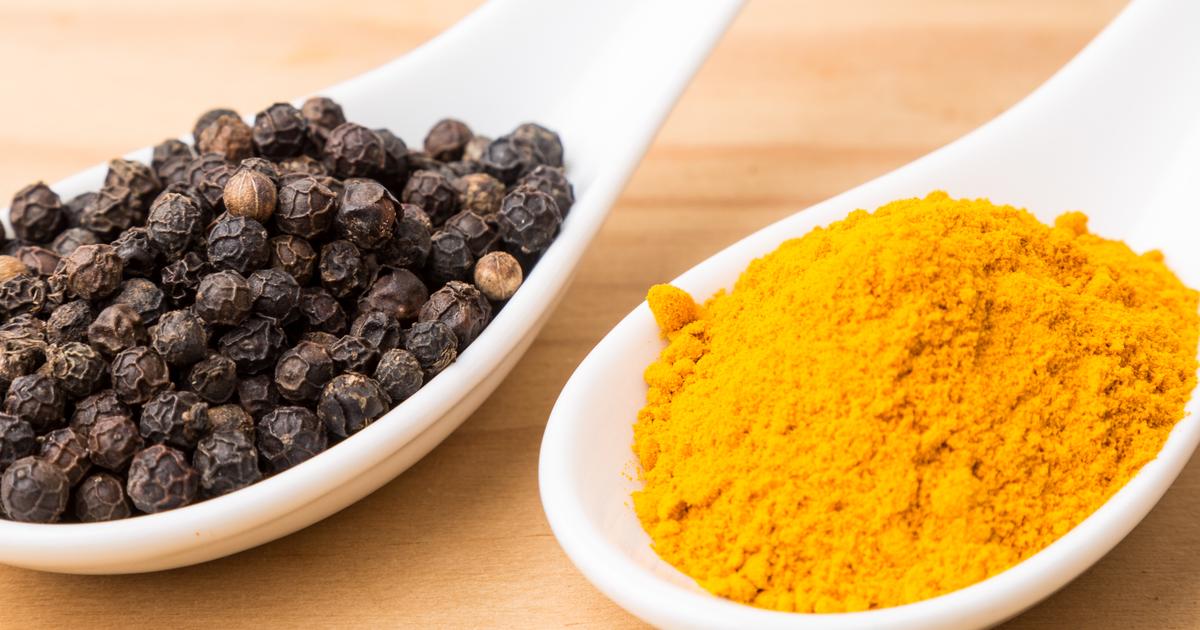Comprehensive Guide To Turmeric
Turmeric, officially known as Curcuma longa, is a flowering plant that belongs to the ginger family. It is native to Southeast Asia and India and has been used for centuries in Ayurvedic medicine. With an earthy aroma and a deep orange-yellow color, turmeric powder is a staple of Indian cuisine, and it is also used as a dye for the fabric of saris and robes of Buddhist monks. Turmeric powder is often combined with annatto to give extra color to cheese, mustard, chicken broth, and salad dressing, and it is sometimes used as a cheaper alternative to saffron in dishes such as saffron rice. In the eastern part of India, turmeric typically flowers in early August.
Recently, turmeric has been the subject of several scientific studies designed to discover more about the potential health benefits it may have. The function, uses, benefits, and potential risks of using turmeric are discussed below.
How Does It Work?

Curcumin is the main active ingredient in turmeric powder and supplements, making up an estimated three percent of the powder and supplement content when measured by weight. Curcumin is a potent antioxidant with significant anti-inflammatory properties, and some studies have suggested it may be just as effective as diclofenac, aspirin, and ibuprofen in terms of reducing inflammation from rheumatoid arthritis and other conditions. Most turmeric capsules sold as health supplements contain at least one gram of curcumin, and this dose is recommended for maximum anti-inflammatory benefits. Curcumin cannot be absorbed very well by the bloodstream, so most turmeric supplements with curcumin also contain piperine, a compound in black pepper that enhances the body's curcumin absorption by as much as two thousand percent. Curcumin combats inflammation by blocking the NF-kB molecule. This molecule travels to cells throughout the body and turns on genes associated with inflammation. Currently, NF-kB is believed to play a major role in the development of chronic diseases. Since curcumin is fat-soluble, experts recommend taking turmeric supplements with healthy fats to increase absorption.
Read about the common uses for turmeric next.